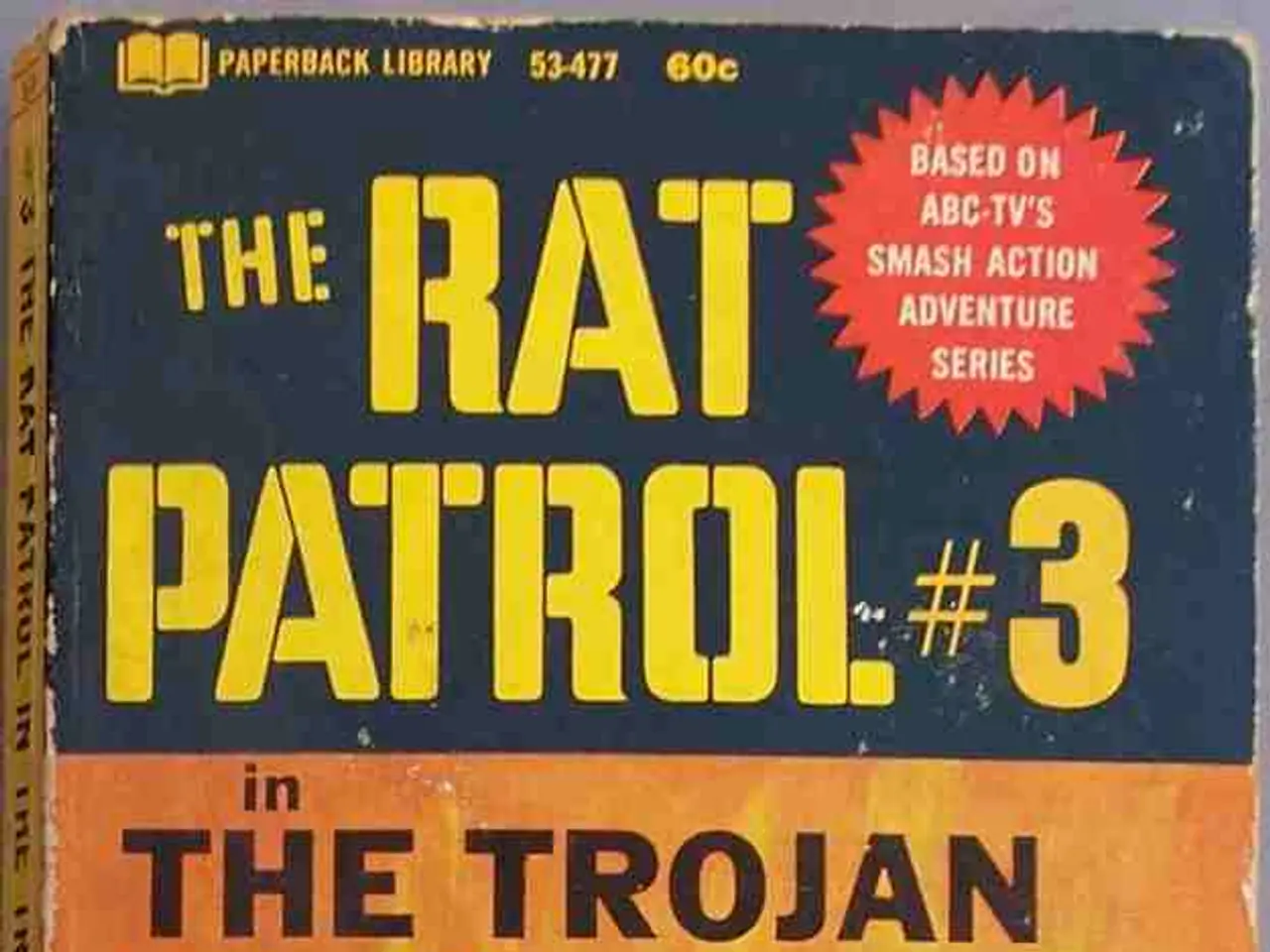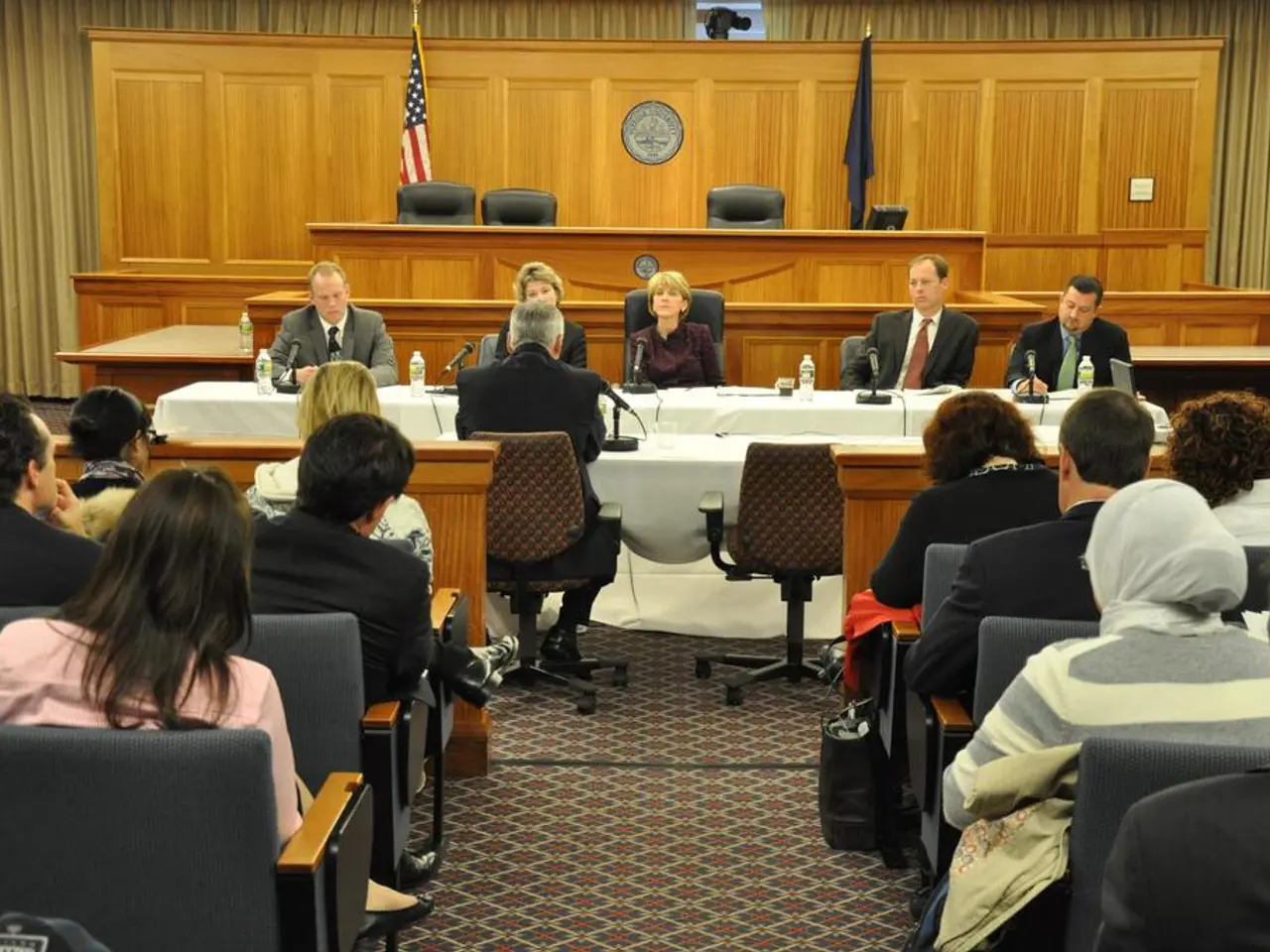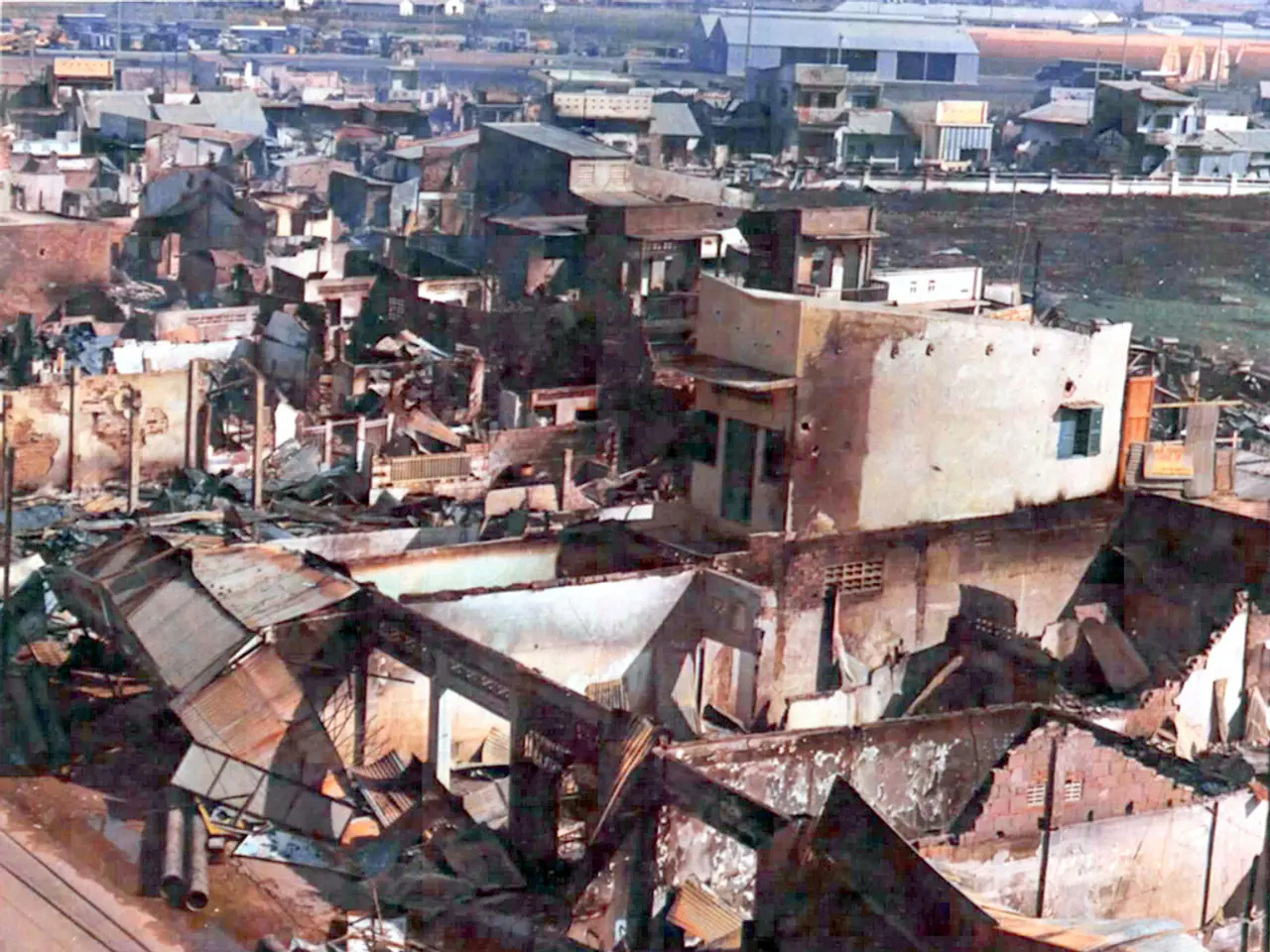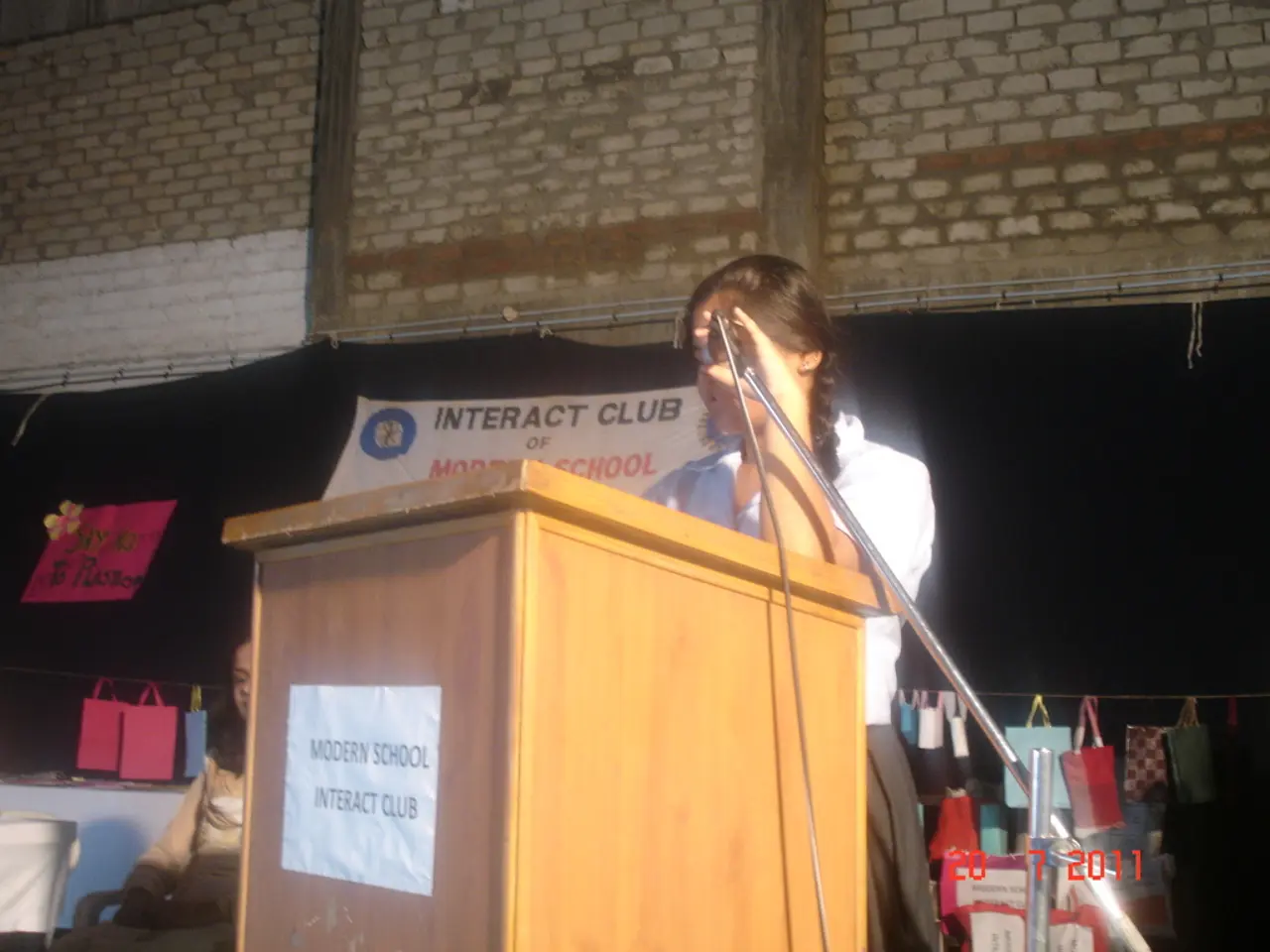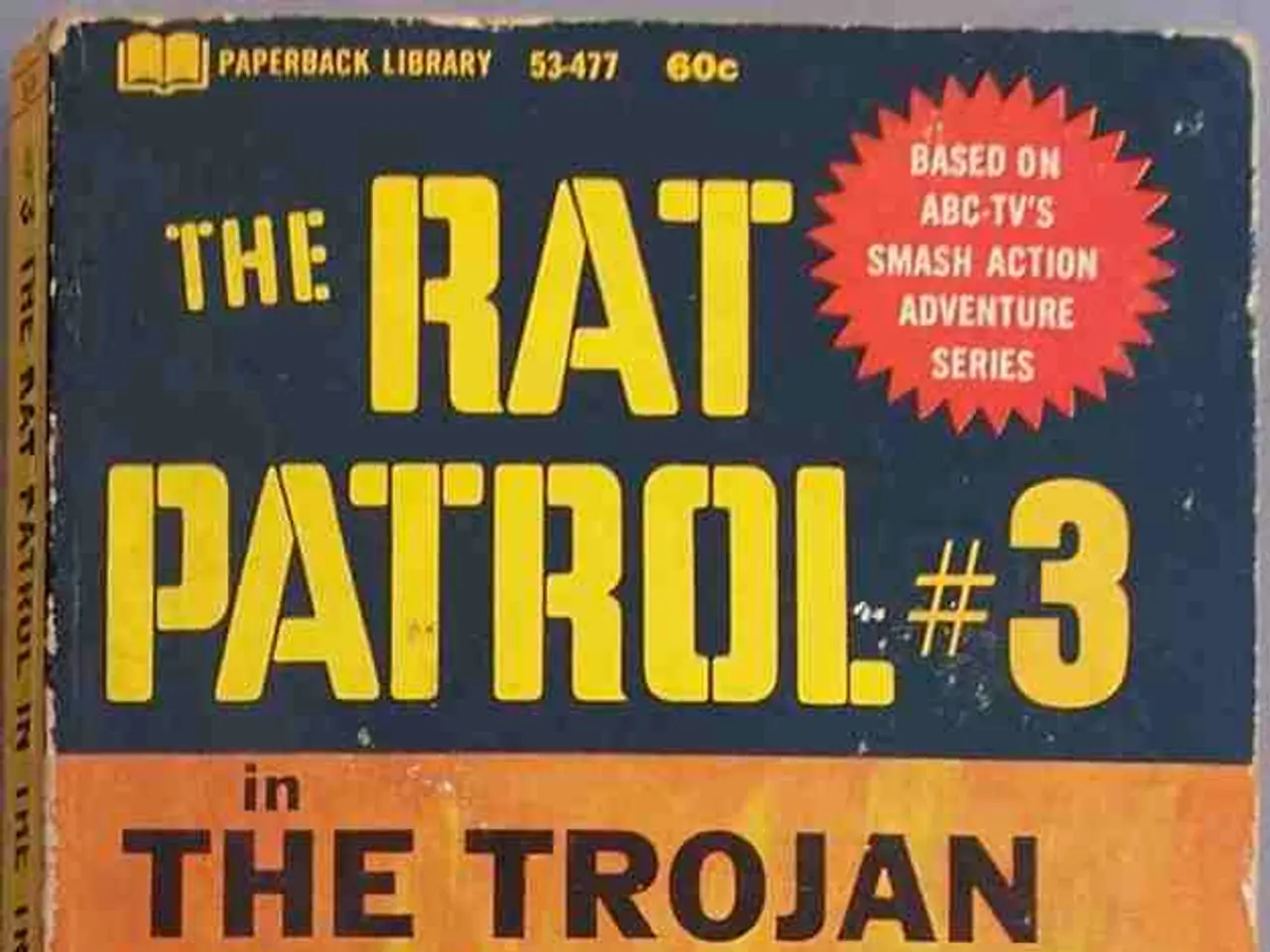Iran Unwavering in Pursuit of Peaceful Nuclear Development, U.S. Accuses Iran of Excessive Uranium Enrichment
The deputy head of Iran's Foreign Ministry, Majid Takht-Ravanchi, has declared that Iran will not abandon its uranium enrichment efforts for peaceful purposes, as stipulated by the Nuclear Non-Proliferation Treaty, despite other countries attempting to restrict Tehran in this matter. His comments were reported by TASS news agency.
"We are a diligent participant in the Nuclear Non-Proliferation Treaty, thus we carry out uranium enrichment for peaceful purposes, for the benefit of our nation. No one has the right to dictate to us what we should do, as long as we adhere to our commitments within the treaty," TASS quoted Takht-Ravanchi saying during an interview on German television ARD.
At the same time, he declined to comment on the status of Iran's nuclear program following U.S. airstrikes in June. Takht-Ravanchi emphasized that this attack represented a clear act of aggression. Iran, he noted, has the right to respond, in accordance with Article 51 of the United Nations Charter. He did not comment, however, on the possibility of Iran launching strikes against U.S. bases in the Middle East.
Simultaneously, U.S. Senator Marco Rubio explained his actions, stating that Iran is enriching uranium at levels far beyond what is necessary for its civilian nuclear program. With this statement, Rubio addressed the media outlet CBS. The U.S. administration believes that Iran should abandon uranium enrichment and transfer its existing stocks to other countries.
"Any country in the world has the right to possess a peaceful nuclear program," Rubio noted. "They do not have the right to enrich [uranium] up to 60%, to hide [nuclear facilities] under mountains, to develop missiles of long, medium, and short range, and to finance terrorist groups worldwide," TASS added, quoting Rubio's comments.
"They are enriching uranium at levels far beyond what is necessary for a civilian nuclear program," Rubio reiterated the White House's position. Speaking about Iran's enriched uranium stockpile, the U.S. Secretary of State said: "They need to extract it from the ground and hand it over. Many countries around the world would take it and devour it." "They also need to declare that there will be no nuclear capabilities in their country," Rubio continued.
In response to a journalist's question about whether, according to Washington's estimates, Iran could have smuggled enriched uranium from its facilities before the U.S. strikes, Rubio said: "No one will know for certain for many days. But I have my doubts." Rubio claimed that "nothing is movable in Iran at the moment." "As soon as a truck leaves, the Israelis will see it. They will aim at it and destroy it," he added. "According to our estimates, there is a lot of enriched uranium up to 60% in the basement of the Fordow plant in Isfahan," Rubio concluded.
According to TASS's information, the underground enrichment plant Fordow, located 80-90 meters below ground near the city of Kum (150 km south of Tehran), is intended for the production of enriched uranium up to 20% for medical and research purposes, as well as for the production of nuclear fuel for the Tehran Research Reactor.
In accordance with the Joint Comprehensive Plan of Action (JCPOA) of 2015, Iran pledged to reprofile the Fordow plant into a nuclear, physical, and technological center. The 1044 IR-1 centrifuges authorized for installation on the site were intended to produce medical isotopes for use in medicine, agriculture, industry, and science. However, Iran abandoned these plans after the U.S. withdrew from the nuclear deal in 2019, and nuclear enrichment at Fordow resumed by the end of 2024, with Iran increasing production of enriched uranium up to 60%.
On June 12, 2025, after the adoption of a resolution by the Board of Governors of the IAEA (with Russia, China, and Burkina Faso voting against) stating that Iran was not fully complying with its obligations in the nuclear sphere, head of Iran's Atomic Energy Organization Mohammad Eslami announced that Iran would install more modern IR-6 centrifuges in place of the IR-1 centrifuges. The following day, June 13, Israel began air strikes on Iran.
Iran operates several other facilities (in the province of Isfahan, in the region of the city of Natanz, in the central part of Iran, and others) for research and uranium enrichment for nuclear energy. The Bushehr Nuclear Power Plant, located near the city of Bushehr on Iran's southern coast, was started construction in 1975 by a German company, but was interrupted in 1979 following the Islamic Revolution. Iran and Russia signed an agreement to continue construction in 1992. The first power unit was connected to the grid in September 2011 and was officially handed over to Iran in September 2013. In November 2014, a contract was signed for the construction of the second and third power units with VVER-1000 reactors. Construction of the second unit began in September 2016, and the third unit began in November 2019. The second unit is expected to enter service in 2025, while the third unit is expected to enter service in 2027.
Iran is reportedly constructing two additional nuclear power plants independently. These are the Sirik Nuclear Power Plant, with a capacity of 5,000 MW in the Hormuzgan province of southern Iran, and the Karoun Nuclear Power Plant, with a capacity of 300 MW in the southwestern province of Khuzestan.
Sources:[1] International Atomic Energy Agency (IAEA)[2] TASS[3] Reuters[4] Arms Control Association
- The ongoing war-and-conflicts between Iran and other nations, particularly over Tehran's nuclear enrichment efforts, have led to intense debates around policy-and-legislation regarding Iran's nuclear program, with the situation being closely monitored by international organizations like the IAEA.
- As the politics surrounding Iran's nuclear program continues to evolve, with a focus on general-news reporting, prominent figures like Senator Marco Rubio are calling for Iran to abandon uranium enrichment beyond what is necessary for peaceful purposes, citing concerns about Iran's potential development of nuclear weapons and involvement in supporting terrorist groups.
